Description
Zinc chloride, particularly in its 98% purity form, is a relatively common but often overlooked chemical compound. While you might not encounter it directly in your daily life, it plays a critical role in a wide variety of industries and processes. Understanding its properties and applications can shed light on the importance of this versatile substance.
What is Zinc Chloride?
Zinc chloride is an inorganic salt formed by the combination of zinc and chlorine. It exists as a white or colorless crystalline solid, often appearing as a powder or granules. The “98%” designation refers to its purity level, indicating that 98% of the substance is indeed zinc chloride, with a small percentage accounting for impurities or residual water.
This high purity is often desirable in industrial applications, ensuring consistent reactions and performance. The 98% purity also gives it specific properties, such as:
High Solubility in Water: Zinc chloride readily dissolves in water, forming acidic solutions. This characteristic makes it useful in a variety of aqueous processes.
Hygroscopic Nature: It readily absorbs moisture from the air, often converting to a sticky or liquid state if left exposed. This property requires careful storage in airtight containers.
Corrosive Nature: At higher concentrations, zinc chloride is corrosive and can be irritating to the skin, eyes, and respiratory system. This highlights the importance of handling it with proper safety precautions.
A Wide Range of Applications
The versatility of zinc chloride 98% stems from its useful properties. Here are some key areas where it is employed:
Metal Processing:
Fluxing Agent: Zinc chloride is widely used as a flux in soldering, galvanizing, and other metal joining and coating processes. It helps clean metal surfaces and promotes better adhesion of solder or other protective coatings.
Electrolyte: It’s used in some types of batteries, serving as an electrolyte to facilitate the flow of ions.
Pickling Agent: In metal treatment, zinc chloride is used to remove oxides and scales from metal surfaces before further processing.
Textile Industry:
Mordant: Zinc chloride serves as a mordant in dyeing processes, helping to fix dyes onto fabrics and improve their fastness properties.
Flame Retardant: It can be used as a component in flame retardants for textiles and other materials.
Chemical Synthesis and Production:
Catalyst: In organic chemistry, zinc chloride is used as a catalyst in various reactions, accelerating chemical processes.
Intermediate: It serves as an essential intermediate in the production of various chemicals and substances.
Other Applications:
Wood Preservation: Zinc chloride can act as a wood preservative, protecting against fungal growth and decay.
Disinfectant: Due to its antimicrobial properties, zinc chloride finds use as a disinfectant in certain applications.
Laboratory Reagent: It is a common reagent in various laboratory experiments and analyses.
Safety Considerations
While zinc chloride 98% is a valuable compound, it’s essential to handle it with care due to its corrosive and hygroscopic nature. Key safety precautions include:
Personal Protective Equipment (PPE): When working with zinc chloride, it is vital to wear protective gloves, goggles, and a lab coat to prevent skin and eye contact, as well as inhalation.
Adequate Ventilation: Ensure the work area is well-ventilated to prevent the build-up of harmful vapors.
Proper Storage: Store zinc chloride in a cool, dry place, away from moisture, in airtight containers to prevent it from absorbing atmospheric water.
Safe Disposal: Follow proper disposal procedures when handling zinc chloride and its solutions.
Conclusion
Zinc chloride 98% is a testament to the power of chemical compounds in various industries. Its unique properties make it a crucial ingredient in metal processing, textile production, chemical synthesis, and more. While it’s not something you might encounter daily in its pure form, its contributions are ubiquitous in modern manufacturing and industrial processes. Understanding its applications and safety considerations highlights its importance and responsible usage in our technological world. By respecting its inherent characteristics, we can harness the power of zinc chloride 98% to benefit a vast range of sectors.




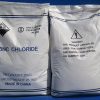
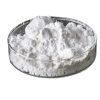
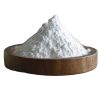
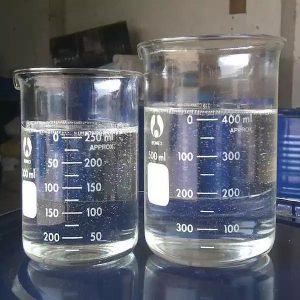
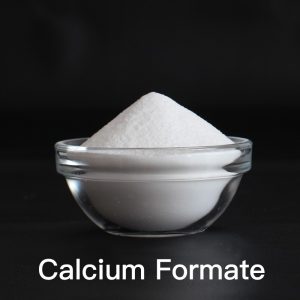
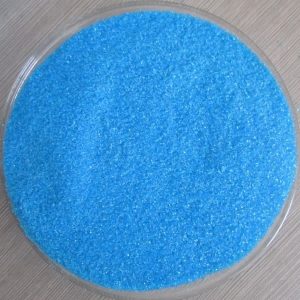
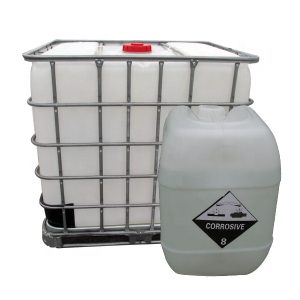

Reviews
There are no reviews yet.